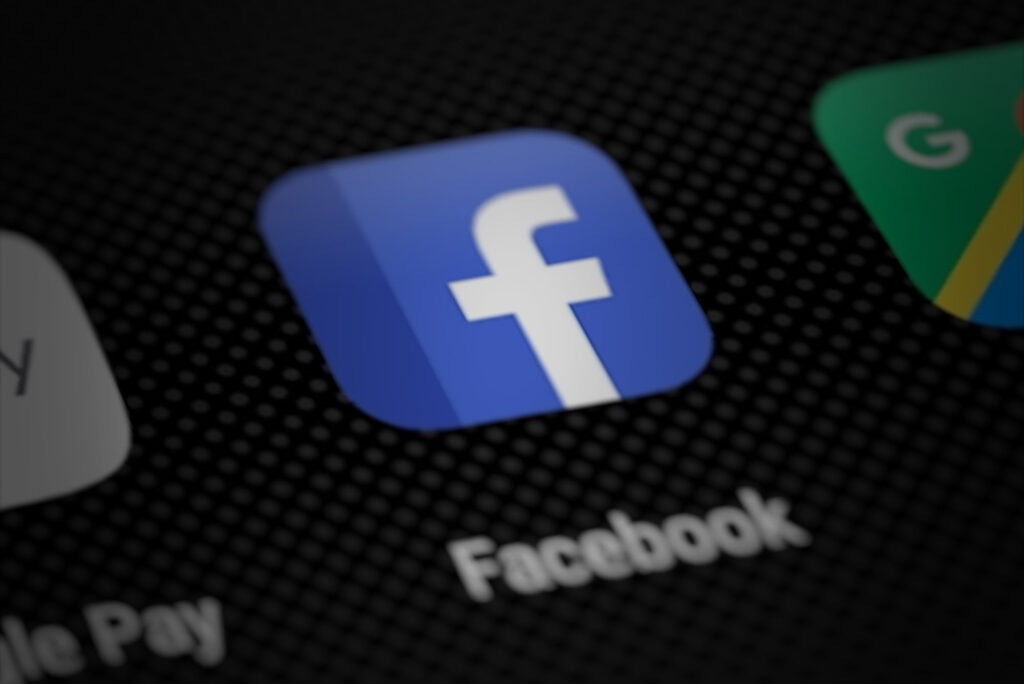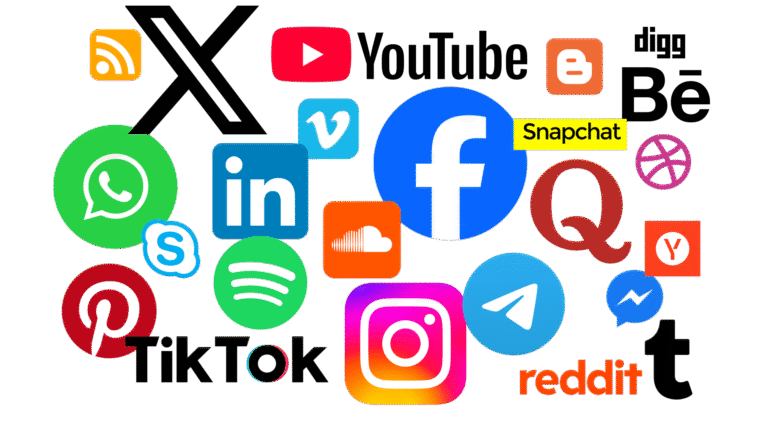Fresh proposal anticipates new EU rules that would significantly limit children’s use of social media amid growing concerns about excessive screen time. However, the plan’s centerpiece — an age-verification test implemented through a tailor-made app — is raising concerns of its own.
The European Union may become a world leader in stopping kids and youngsters from using social media.
The Greek proposal, supported by France and Spain, calls for establishing an EU-wide age of “digital adulthood”, below which minors would need parental consent to access social media. In other words, kids couldn’t automatically go to popular apps such as TikTok, Instagram, or Snapchat.
The proposal will be discussed by EU digital ministers at a meeting scheduled on June 5. It already has the support of Denmark, country that will take over the EU presidency in the second half of 2025. “Protection of our children online will be a key priority for the Danish EU presidency,” Denmark’s Minister of Digital Affairs Caroline Stage Olsen said in a statement.
You might be interested
The proposal states that “…technological progress comes with challenges, especially for our children, who are at the center of a new form of harmful imbalance (…) Algorithmic mechanisms of digital platforms design environments that capture users’ attention and increase their exposure to addictive designs and often harmful contents and contacts (…). It also underlines that “…excessive screen time can limit the development of critical skills, alter cognitive capacities, weaken human relationships, and diminish the ability to collaborate effectively.”

Limiting children’s access to social media would include mandatory age verification and parental control on devices, as well as so-called “European norms”. The latter should minimize features like video autoplay, personalization, and pop-ups, which are designed to raise the appeal of apps and keep users online for longer time.
How to verify age without revealing everything
The European Commission may be on board. It has already launched the “mini wallet” pilot to develop a device-based age verification solution, designed to support online platforms in securely verifying user age.
The goal is to create a scalable, white-label application that member states can distribute via app stores. The app is designed to verify if a user is 18 or older without disclosing additional personal information, utilizing so-called Zero-Knowledge Proof (ZKP) protocols. This cryptographic method allows for the confirmation of an attribute, such as age, without revealing other data.
“Excessive screen time can limit the development of critical skills, alter cognitive capacities, weaken human relationships, and diminish the ability to collaborate effectively,” — Greek proposal to limit children’s use of social media
That is the theory. Such a solution, however, raises questions on privacy, data protection, and possible marginalization of certain social groups.
Social media not all bad
European Digital Rights (EDRi, a network of NGOs, experts, advocates and academics defending digital rights) argues that the “wallet” lacks essential protections against online surveillance and that it anticipates using tools that had not been tested at scale before.
EDRi also mentions that many people would be excluded from such a form of age verification – the app will require access to modern smartphones and government issued IDs – requirements that would shut a lot of people out.
Similar concerns raises also Amnesty International (AI), international NGO focused on human rights. “There’s no doubt that the practices of social media platforms are harming young people’s rights, but young people also have a right to express themselves online and seek information (…) Social media offers young people benefits such as inclusion, social connection and a sense of belonging, all of which can also support their mental health,” stated AI.
Australian ban to take effect already in December
A rather strict legislation banning everyone under the age of 16 from using social media has already been approved by Australian parliament in November 2024. It is due to come into force at latest on December 11th, 2025.

The Australian PM Anthony Albanese (Labour Party) mentioned that the law was needed to protect young people from the “harms” of social media. However, a number of questions over how the ban will work – including impacts on privacy and social connection – have been so far left unanswered.
The Australian law does not specifically name which social media will be affected. It just sets conditions for “age-restricted social media” that includes possibility of online social interaction, linking with other users or posting materials on the service. Based on this definition some widely used platforms could be “spared” – for instance YouTube.
Opinion polls suggest that the Australian legislation is supported by a majority of Australian parents and caregivers.










